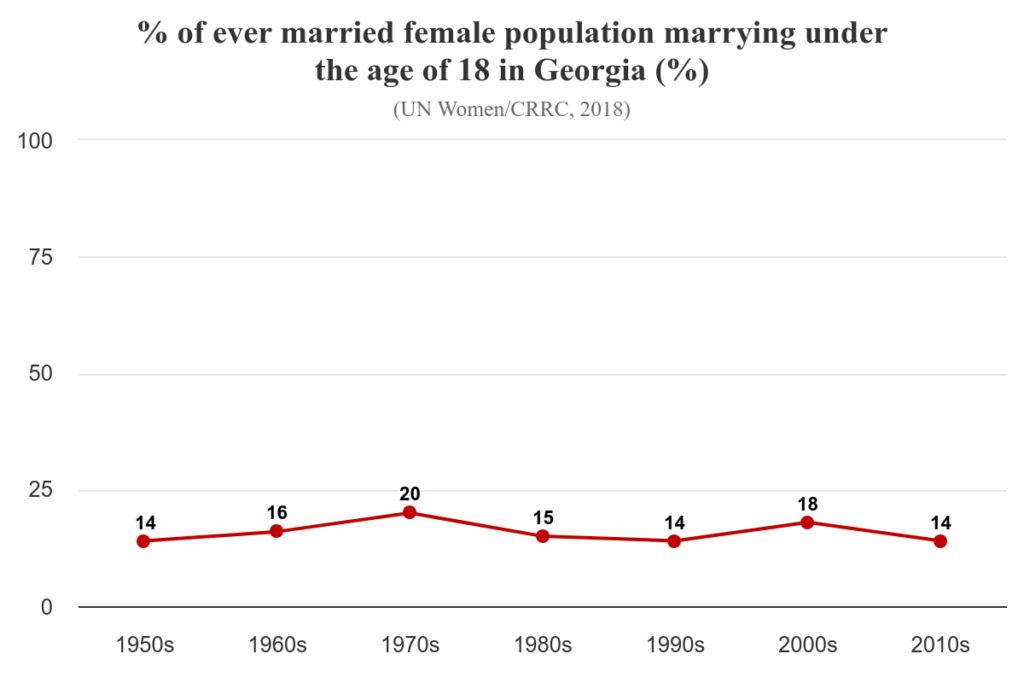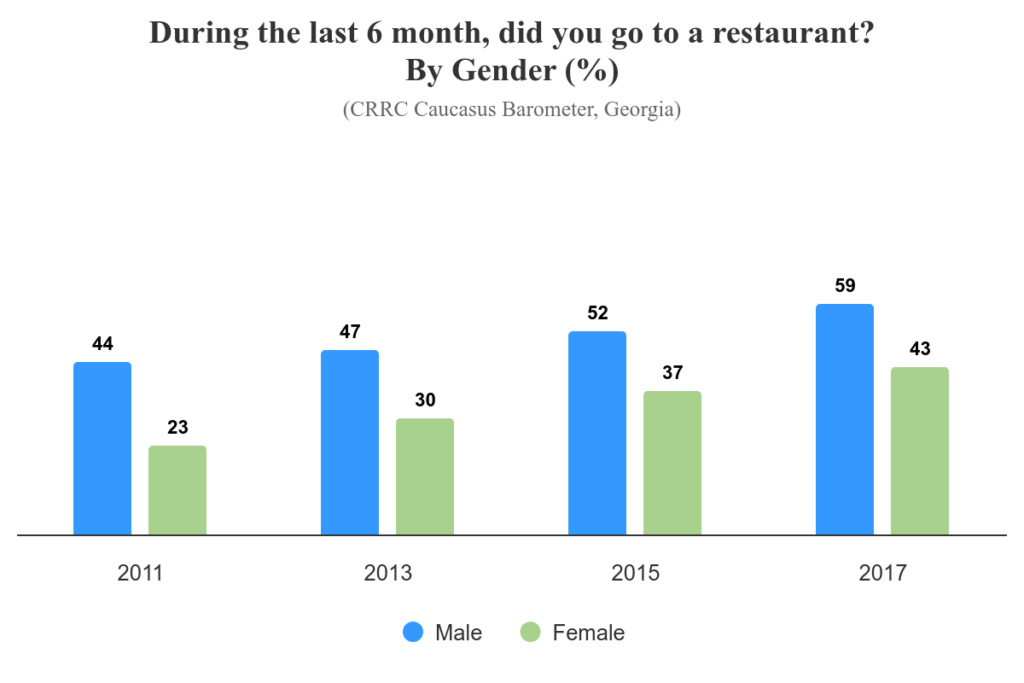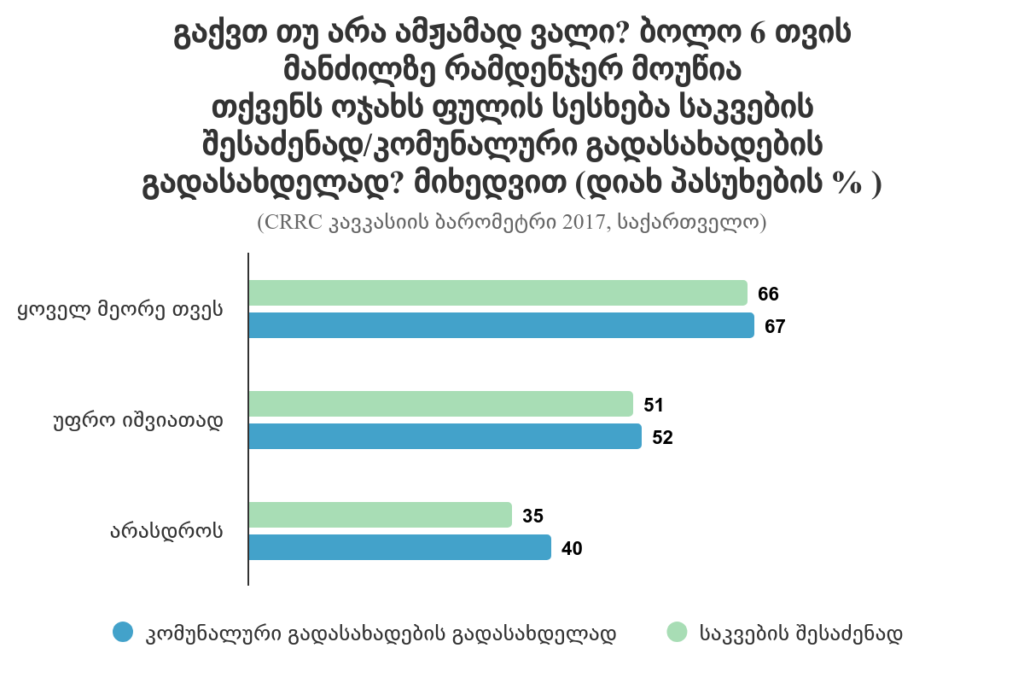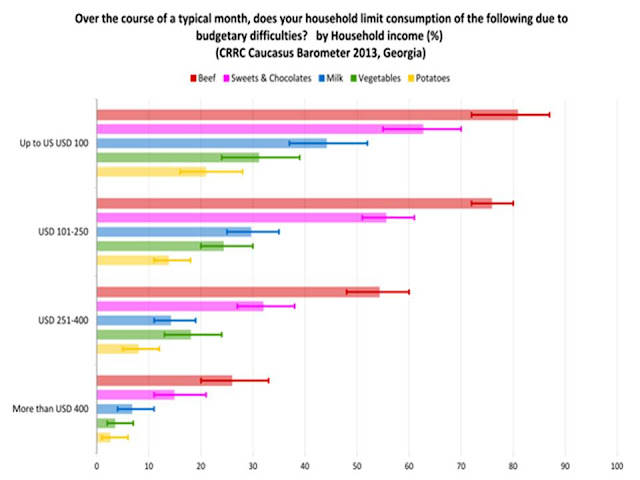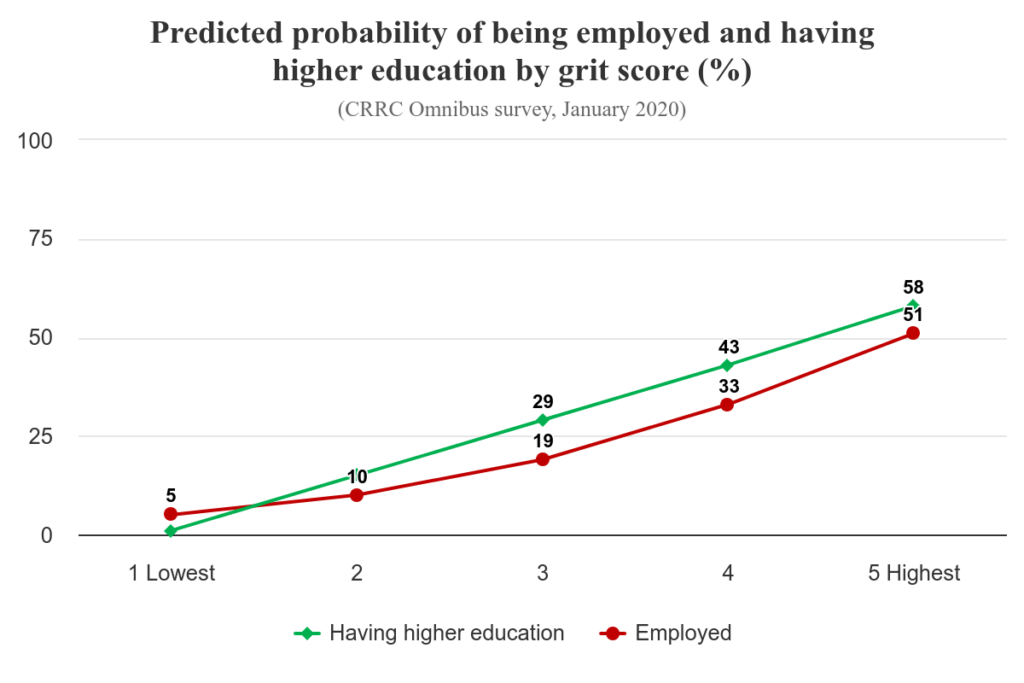
Grit, the idea that passion and perseverance are important determinants of success aside from intelligence, has gained widespread attention in recent years. This stems from the fact that grit is a strong predictor of a number of outcomes like employment…
